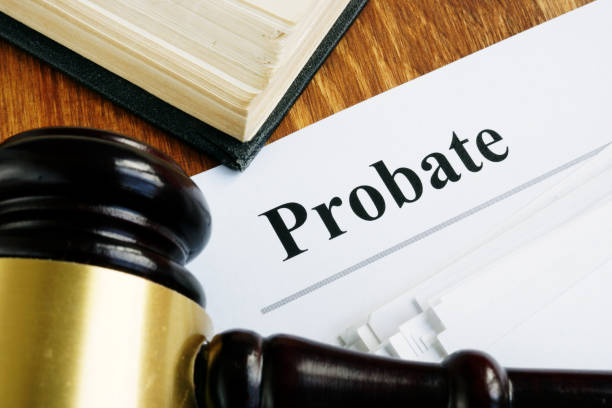Losing a loved one is difficult no matter what. When you are grieving, perhaps the last thing you want to deal with is the whole legal process of handling your family member’s estate. If there is a valid will, you would file it with the probate court to start the probate process. However, not everyone has a will in place. Maybe your relative never made a will in the first place, or he tried to make a will but you find out after his death that the will is invalid. You may feel lost when your loved one is gone and you do not have a document expressing his wishes. This does not mean that you will not inherit property from your loved one. It just means that the process will look a little bit different.
What Happens if My Family Member Did Not Leave a Will?
When someone passes away and did not have a will or other estate planning instruments in place,intestacy laws generally control how the estate will be distributed. You will need to go through a legal process called intestate probate. The Illinois intestacy statute was written to approximate what a decedent probably would have wanted to do with his estate property. When a person did not express his wishes in a will, the law has to take its best guess at what those wishes would be.
In Illinois, intestacy laws favor the surviving spouse and children, if there are any. A surviving spouse inherits half the estate, and surviving children divide the remaining half. If there is a surviving spouse but no children, the spouse takes the entire estate. The reverse is also true – if there are surviving children but no surviving spouse, the children divide the whole estate amongst themselves. If neither exists, surviving parents inherit, followed by siblings, and so on.
What if My Relative Promised Me Something?
To be enforceable in court, a testamentary promise needs to be in the form of a will or trust. A verbal or even a written promise that is not in a will or trust is not valid. It may feel drastically unfair when you know that your family member wanted you to have a particular item or some money but you cannot claim it for lack of a legal document. Unfortunately, there is little to be done in situation like this.
What if the Court Says a Will is Invalid But I Think it is Valid?
If there is a will, but the probate court will not accept it, or the will is deemed invalid, you have the right to bring a legal challenge. As long as you are named in the will, you can bring a will contest and put forth evidence that the will is valid. The legal requirements for creating a will can be tricky to navigate, and sometimes it is hard to tell whether they were followed. It is possible for wills to be declared invalid in error because of some mistake in fact. You will have the opportunity to argue that the requirements were met and the will should be probated.

